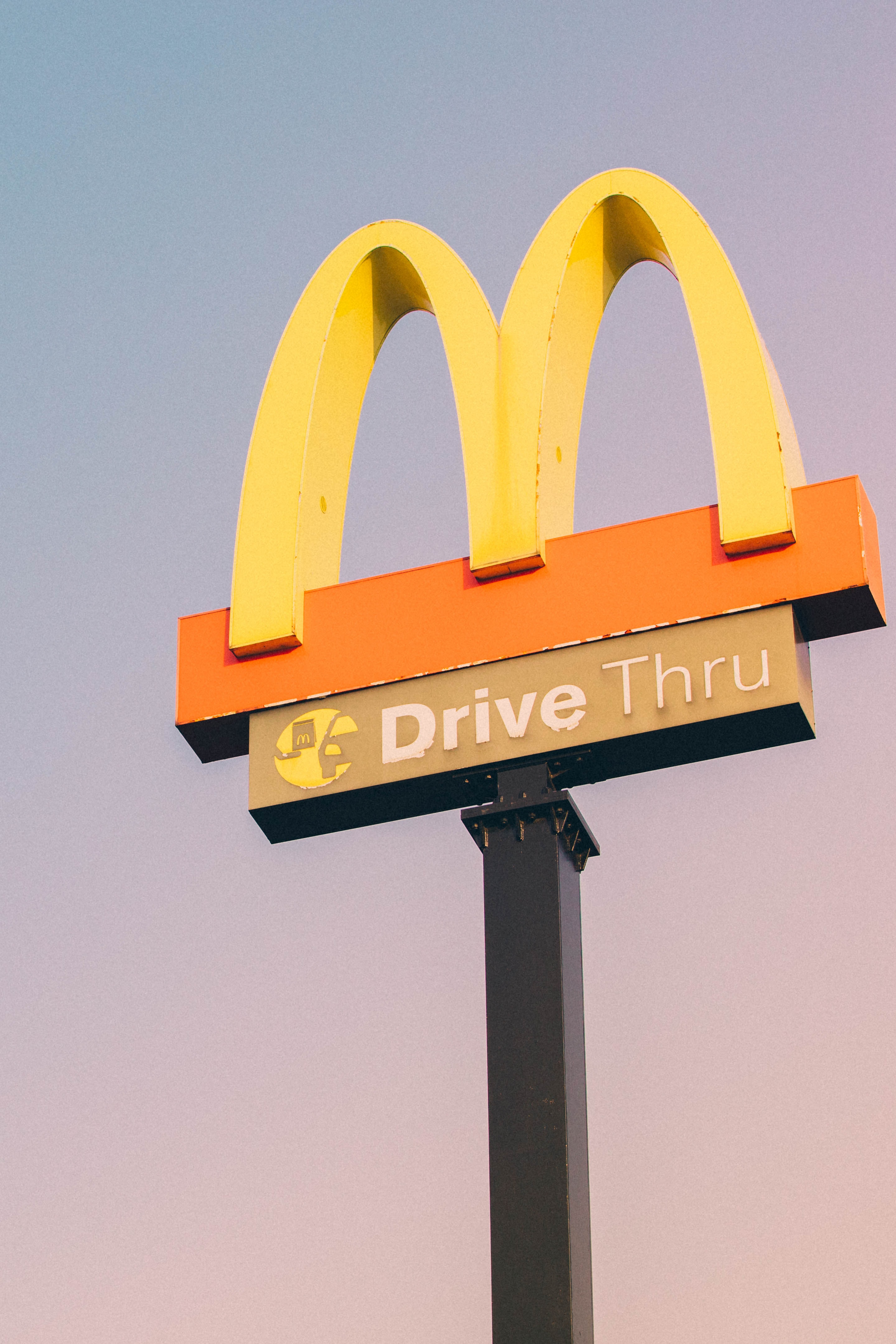Herbert Washington files a racial discrimination lawsuit against McDonald’s.
Herbert Washington, a Black McDonald’s franchisee, is alleging that the fast-food chain racially discriminated against him by “pigeonholing him into operating low-volume restaurants in Black neighborhoods and forcing him to downsize his store base unfairly,” according to a new lawsuit filed in Ohio federal court. In the ‘90s, Washington was McDonald’s’ largest African American franchisee in the U.S., responsible for more than dozen locations. Now he operates fourteen and has filed his lawsuit following two similar racial discrimination cases submitted by Black current and former franchisees within the past year.
A separate complaint brought by 52 Black franchisee operators in September 2020 alleged their locations brought in approximately $700,000 less than the national average in the five-year span from 2011 to 2016, and Washington’s filing states McDonald’s told Black franchisees in 2018 it would close that gap. Yet, he said, he received little help. “When I stood up for myself and other Black franchisees, McDonald’s began dismantling my life’s work, forcing me to sell one store after another to White operators,” Washington said.

McDonald’s responded that it has invested substantially in Washington’s troubled franchised locations and given him “multiple” opportunities to turn them around. McDonald’s USA submitted a statement indicating, “This situation is the result of years of mismanagement by Mr. Washington, whose organization has failed to meet many of our standards on people, operations, guest satisfaction and reinvestment. His restaurants have a public record of these issues including past health and sanitation concerns and some of the highest volumes of customer complaints in the country.”
The lawsuit details the former Major League Baseball player’s journey with the fast-food giant, indicating he became affiliated with McDonald’s in 1980, and “despite living in Michigan for most of his life and having no connections to Rochester, New York, the company pushed him to buy a restaurant there in a predominantly Black neighborhood, giving him no other options for a store location. After about two decades as a franchisee in Rochester, Washington operated five restaurants. White franchisees in the area were allowed to expand much more quickly than Washington, who was granted permission to buy only locations in low-volume neighborhoods.” In 1998, he sold his New York franchises to purchase “25 locations from a White operator in Ohio and Pennsylvania. The acquisitions made him the largest Black franchisee in the U.S. Over the next decade, Washington bought several locations in Cleveland. Typically, the restaurants were older and in predominantly Black neighborhoods with lower sales volumes.”
In 2015, Steve Easterbrook replaced McDonald’s first Black CEO, Don Thompson. Under his, then current CEO Chris Kempczinski’s, direction, “McDonald’s advertising stopped trying to reach Black consumers,” according to Washington’s complaint. The company refused to approve his promotional materials. “In other words, he had no recourse for the company’s decision to stop advertising to a large swath of his customer base, and the resulting impact on his sales,” the complaint said.
At the same time, Washington underwent unfair, overly stringent inspections and struggled to keep the locations afloat until, eventually, he was forced to try and sell the low-volume stores that were far from appeasing to potential buyers. The White franchisee who bought three of his Cleveland eateries did so after being offered $3 million in incentives from McDonald’s. Throughout all of his years with the business, Washington said he has never received a comparable offer.
Sources:
Black franchisee files racial discrimination lawsuit against McDonald’s


Join the conversation!